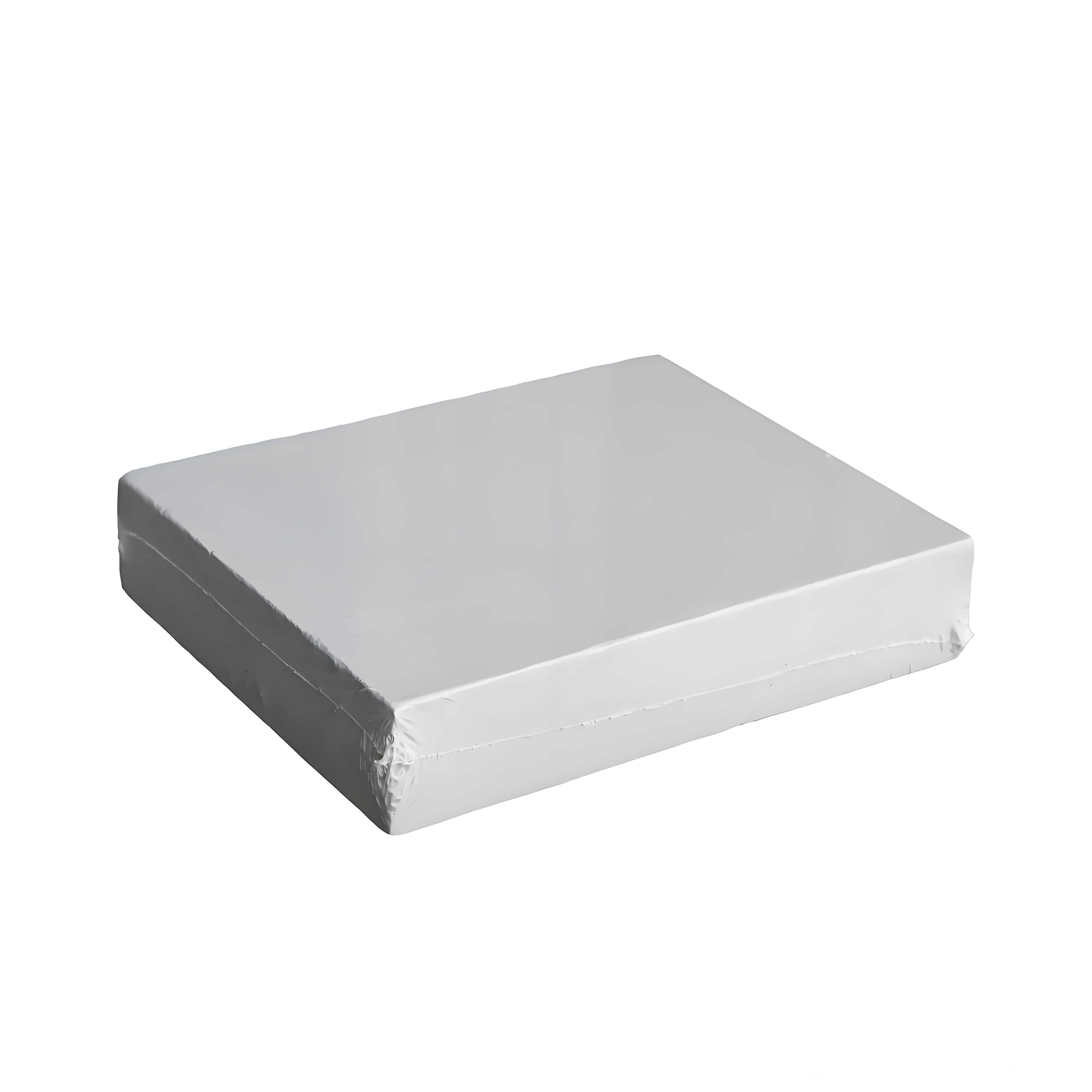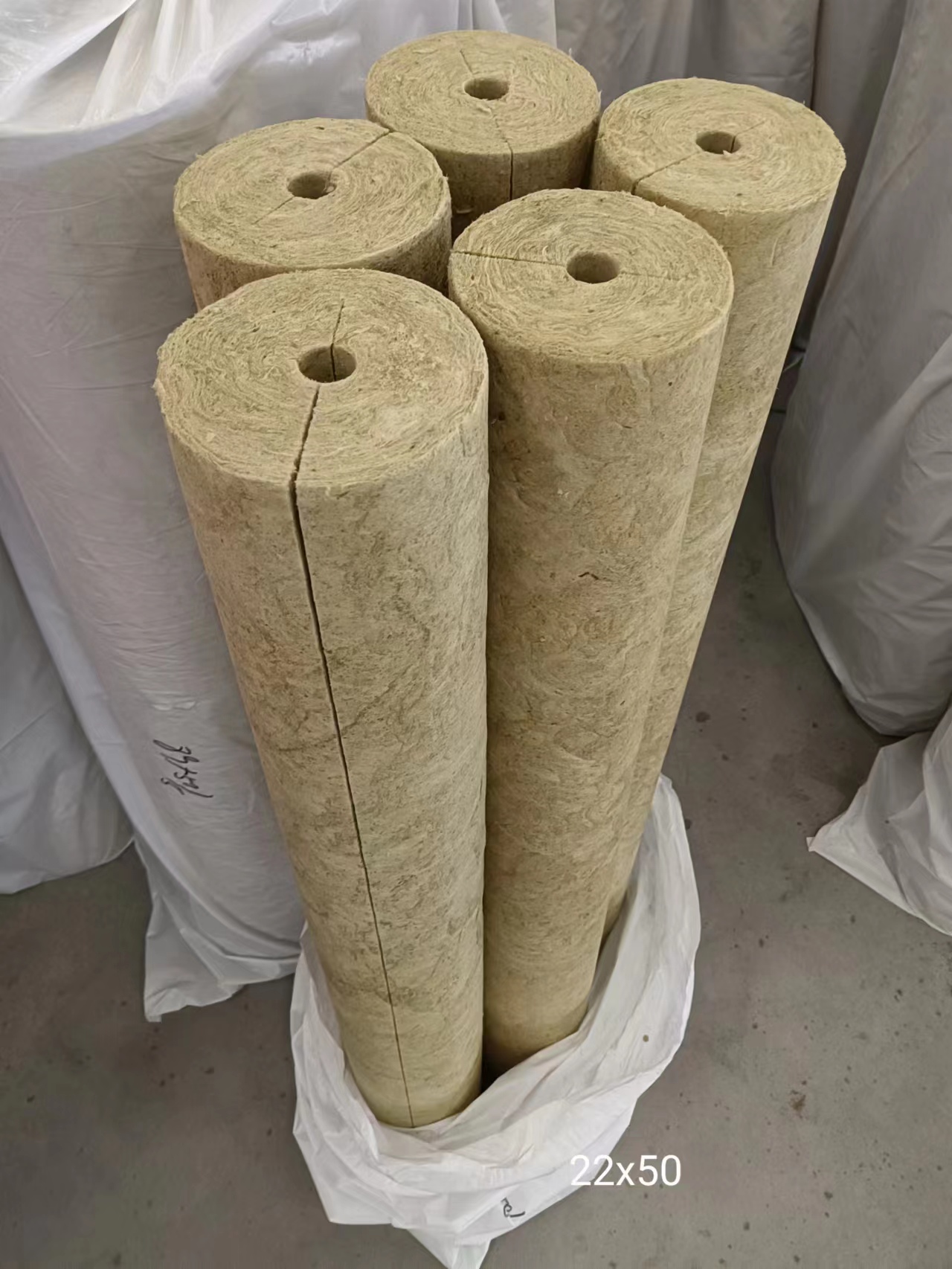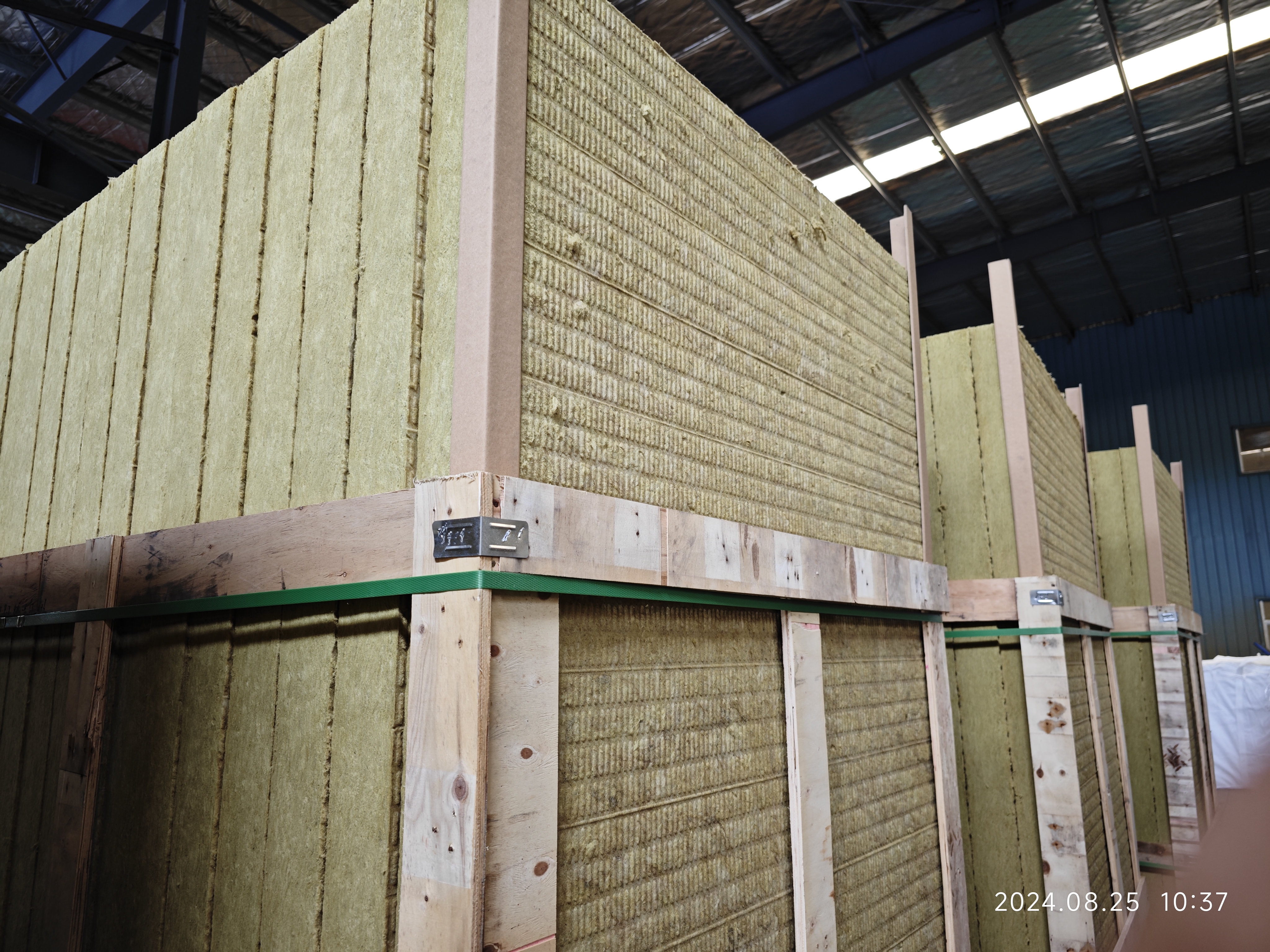Rock wool, also known as stone wool or mineral wool, is a versatile and highly effective insulation material derived from molten rock or slag. It is renowned for its thermal insulation, fire resistance, sound absorption, and durability. Rock wool products come in various forms, each designed to meet specific needs across construction, industrial, and residential applications. In this article, we will explore the diverse applications of different types of rock wool products, including rock wool boards, blankets, pipes, sandwich panels, strips, wire mesh rolls, and fiberglass mesh rolls.
1. Rock Wool Boards
Rock wool boards are rigid, high-density panels that offer excellent thermal insulation and fire resistance. They are widely used in:
- Wall Insulation: Installed in both interior and exterior walls to reduce heat transfer and enhance energy efficiency. Rock wool boards are particularly effective in solid walls and cavity walls.
- Roof Insulation: Used in pitched and flat roofs to prevent heat loss and maintain stable indoor temperatures.
- Ceilings and Partition Walls: Provide soundproofing and fire protection in commercial and residential buildings.
- Facade Systems: Integrated into external insulation finishing systems (EIFS) to improve thermal performance and aesthetic appeal.
- Fire-Rated Walls and Floors: Installed in fire-rated partitions and floors to slow down the spread of flames and protect building occupants.
Key Benefits:
- High thermal resistance (R-value)
- Non-combustible and fire-resistant
- Sound absorption properties
- Easy to cut and install
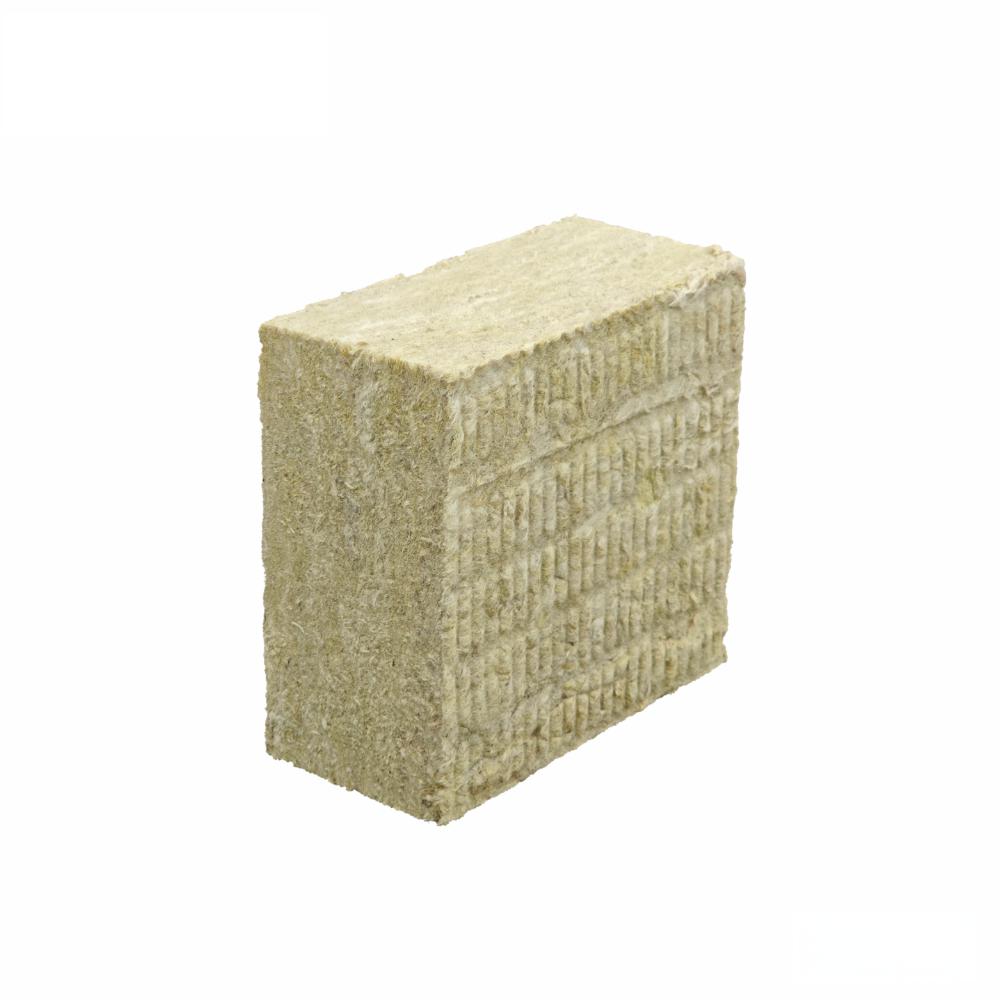
2. Rock Wool Blankets
Rock wool blankets are flexible rolls or batts that can be easily cut and installed to fit irregular surfaces. They are commonly used in:
- Cavity Walls: Installed between the inner and outer layers of cavity walls to provide thermal insulation.
- Roof Spaces: Used in attics and loft spaces to reduce heat loss and improve energy efficiency.
- Pipes and Ducts: Wrapped around pipes and HVAC ducts to prevent heat loss and condensation.
- Ceilings: Applied to ceilings to reduce noise transmission and provide thermal insulation.
Key Benefits:
- Flexible and easy to install
- Suitable for irregular surfaces
- Excellent thermal and acoustic performance
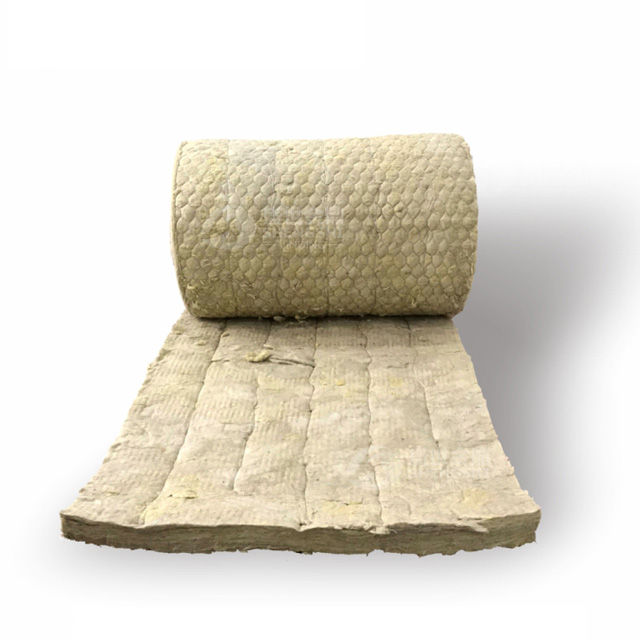
3. Rock Wool Pipes
Rock wool pipes are pre-formed sections designed specifically for insulating hot and cold water pipes, steam pipes, and other industrial piping systems. They are used in:
- HVAC Systems: Insulate heating, ventilation, and air conditioning pipes to maintain stable temperatures and reduce energy loss.
- Industrial Plants: Protect pipes in chemical plants, power plants, and other industrial facilities from thermal stress and corrosion.
- Residential Buildings: Insulate water supply and heating pipes to prevent heat loss and freezing.
Key Benefits:
- Pre-formed for easy installation
- High thermal resistance
- Non-combustible and fire-resistant

4. Rock Wool Sandwich Panels
Rock wool sandwich panels consist of rock wool insulation sandwiched between two metal or composite skins. They are widely used in:
- Modular Buildings: Provide structural support and insulation in prefabricated buildings.
- Industrial Buildings: Used in factory walls and roofs to offer thermal and fire protection.
- Cold Storage Facilities: Insulate refrigerated warehouses and cold rooms to maintain low temperatures.
Key Benefits:
- High thermal insulation
- Fire-resistant and non-combustible
- Lightweight and easy to install
5. Rock Wool Strips
Rock wool strips are narrow, flexible rolls used for insulating gaps and joints. They are commonly used in:
- Window and Door Frames: Insulate gaps around windows and doors to reduce heat loss and air infiltration.
- Wall and Roof Joints: Applied to joints in walls and roofs to prevent thermal bridging.
- Pipes and Ducts: Used to seal gaps around pipes and ducts passing through walls and floors.
Key Benefits:
- Flexible and easy to apply
- Effective in reducing heat transfer through gaps
- Non-combustible and fire-resistant
6. Rock Wool Wire Mesh Rolls
Rock wool wire mesh rolls combine rock wool insulation with a wire mesh reinforcement. They are used in:
- Roofing Systems: Provide thermal insulation and structural support in roofing applications.
- Wall Cladding: Used in external wall systems to enhance thermal performance and fire resistance.
- Fireproofing Applications: Applied to steel structures to provide fire protection.
Key Benefits:
- Reinforced with wire mesh for added strength
- Easy to install and cut to size
- High thermal and fire resistance
7. Rock Wool Fiberglass Mesh Rolls
Rock wool fiberglass mesh rolls are a combination of rock wool and fiberglass mesh, offering enhanced durability and thermal performance. They are used in:
- External Insulation Finishing Systems (EIFS): Provide thermal insulation and fire resistance in EIFS applications.
- Wall Cladding: Used in exterior wall systems to improve thermal performance and protect against moisture.
- Roofing Applications: Insulate and protect roofing systems from thermal stress and weather damage.
Key Benefits:
- Enhanced durability with fiberglass reinforcement
- High thermal resistance
- Fire-resistant and moisture-resistant
Conclusion
Rock wool products, including rock wool boards, blankets, pipes, sandwich panels, strips, wire mesh rolls, and fiberglass mesh rolls, offer a wide range of applications across construction, industrial, and residential sectors. Their excellent thermal insulation, fire resistance, and acoustic properties make them a preferred choice for modern building and insulation needs. Whether you are looking to improve energy efficiency, enhance fire safety, or reduce noise pollution, rock wool products provide reliable and sustainable solutions.



